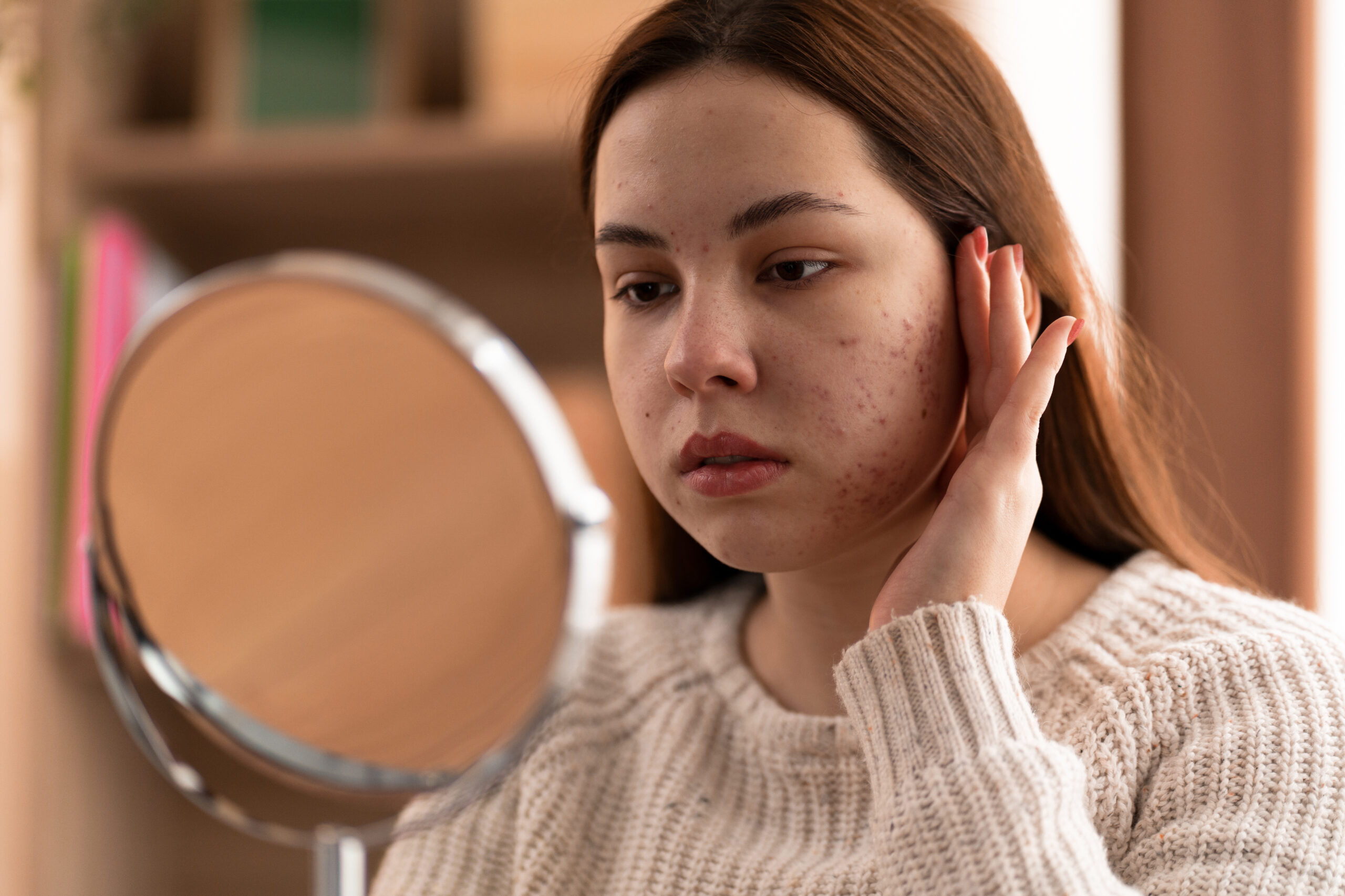The Best Skincare Routine for Acne-Prone Skin
Discover the best skincare routine for acne-prone skin using simple steps and effective products that help reduce breakouts and support...

| Acne-prone skin can be difficult to manage. It often feels like no matter what someone tries, the pimples keep coming back. However, with the right skincare routine, things can get better. This blog will explain an easy and effective way to care for acne-prone skin using simple steps anyone can follow. Readers will learn how to choose the right products, how to use them, and how to help their skin heal over time. Understanding the Root Cause of Acne-Prone Skin Acne-prone skin means that a person’s skin is more likely to get pimples. This can happen because of many reasons. Sometimes, the skin makes too much oil. Other times, the pores get blocked with dirt and dead skin. This causes bumps, redness, or even painful spots. Hormonal acne and how it plays a role One common reason for acne is something called hormonal acne. This often shows up during puberty, or around certain times for women, like their menstrual cycle. When hormone levels go up or down, the skin reacts by producing more oil. This extra oil can clog pores, leading to breakouts. Understanding this helps people treat their acne more effectively by using products that are made for this type of skin issue. Choosing the Right Products for Acne-Prone Skin Finding the right skincare products is very important. People with acne-prone skin should look for items that are labeled non-comedogenic, which means they won’t clog pores. These are gentle on the skin but still help fight acne. Gentle cleansers work best A gentle cleanser is one of the most important parts of any skincare routine. It helps remove oil, dirt, and makeup without hurting the skin. Cleansing twice a day — once in the morning and once at night — can keep the skin clean and reduce pimples. Use ingredients that target acne Some products have special ingredients that fight acne. For example, salicylic acid helps clear out clogged pores, while benzoyl peroxide kills the bacteria that cause breakouts. However, it’s important to start slowly with these ingredients to avoid drying out the skin. Building a Daily Routine for Healthy Skin Having a set routine helps the skin stay balanced. This routine should include cleansing, treating, moisturizing, and protecting the skin from the sun. Moisturizing is still important Even oily or acne-prone skin needs moisture. Many people skip this step because they worry it will make their acne worse. However, using an oil-free moisturizer helps keep the skin soft and protects its natural barrier. Sunscreen is a must The sun can make acne scars worse and dry out the skin. A non-comedogenic sunscreen protects the skin without causing more pimples. It should be used every morning, even on cloudy days. Stick with it for best results Skin needs time to heal. It’s important to stick with a routine for several weeks to see changes. Switching products too often can make things worse. Patience is key when dealing with acne-prone skin. FAQs What is the best face wash for acne-prone skin? A gentle cleanser with ingredients like salicylic acid is a good choice. It should be free from harsh chemicals and not clog pores. Can moisturizer make acne worse? No, as long as the moisturizer is non-comedogenic and oil-free, it can actually help balance the skin and reduce acne. How long does it take to see results from a skincare routine? Most people start to see changes in 4 to 6 weeks. However, results may vary depending on the skin type and routine. Is hormonal acne permanent? Hormonal acne is not permanent, but it may come and go over time. Using the right skincare and talking to a doctor can help manage it. Conclusion Taking care of acne-prone skin may seem hard at first, but with the right steps, it becomes easier. A simple routine with gentle cleansing, targeted treatments, and proper moisturizing can make a big difference. Moreover, using sunscreen daily helps protect the skin from further damage. Understanding causes like hormonal acne helps people choose products that really work for them. By staying patient and consistent, anyone can help their skin look and feel better. |



